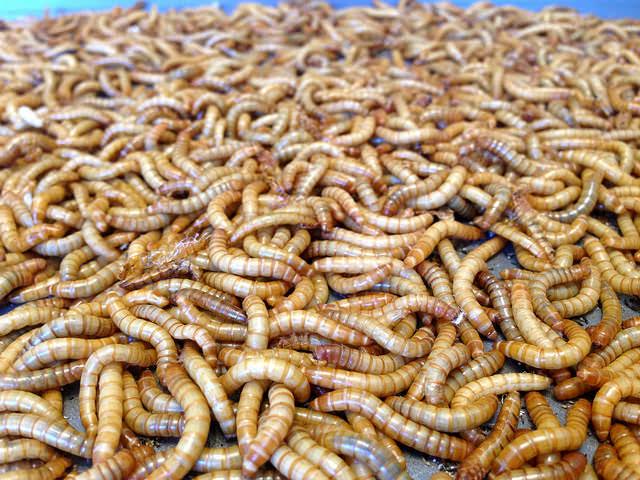Mealworms Can Convert Styrofoam Waste Into Usable Soil, New Study Reveals
This could be very hopeful news in light of the amount of Styrofoam and other petroleum-based plastics we consume: Americans throw away 25 billion Styrofoam cups every year, and they will not decompose for thousands of years. Probably not all on their own, but new research suggests they can help.
“Our findings have opened a new door to solving the global plastic pollution problem”, Wu said.
The papers, published in Environmental Science and Technology, are the first to provide detailed evidence of bacterial degradation of plastic in an animal’s gut.
Researchers led by Stanford University in USA and Beihang University in China found that the mealworm – the larval form of the darkling beetle – can safely subsist on a diet of Styrofoam and other kinds of polystyrene, with bacteria in the worm’s gut biodegrading the plastic as part of its digestive process.
Wei-Min Wu and his colleagues at the university’s Department of Civil and Environmental Engineering raised a hundred mealworms from birth strictly on styrofoam, which the creatures can digest thanks to a type of bacteria in their gut.
Researchers show that the mealworm can live on a plastic diet. About half the consumed material was converted to carbon dioxide as would be done with any other food source.
Within 24 hours, the mealworms excreted the majority of the plastic as biodegraded pieces similar in appearance to rabbit faeces.
After a month, the Styrofoam-fed mealworms were as healthy as those eating the bran flake diet, said Dr. Wu, and their waste appeared to be safe to use as compost for crops. The findings are significant because it was previously thought that these substances were non-biodegradable – meaning they ended up in landfill (or worse, our oceans, where they’d accumulate for decades). When researchers fed mealworms antibiotics and then plastic, that plastic was not degraded.
“There’s a possibility of really important research coming out of freaky places”, said Craig Criddle, a professor of civil and environmental engineering who supervised the research. Plastic waste is a particular concern in the ocean, where it pollutes habitats and kills countless seabirds, fish, turtles and other marine life. “Sometimes, science surprises us”.
More work is needed, researchers say, to identify the microbes essential to the digestion of plastics. The research will require scientists to look into the enzymes that break down polymers, in order to determine how to best degrade the plastics – and maybe guide manufacturers in designing polymers that break down more easily.








